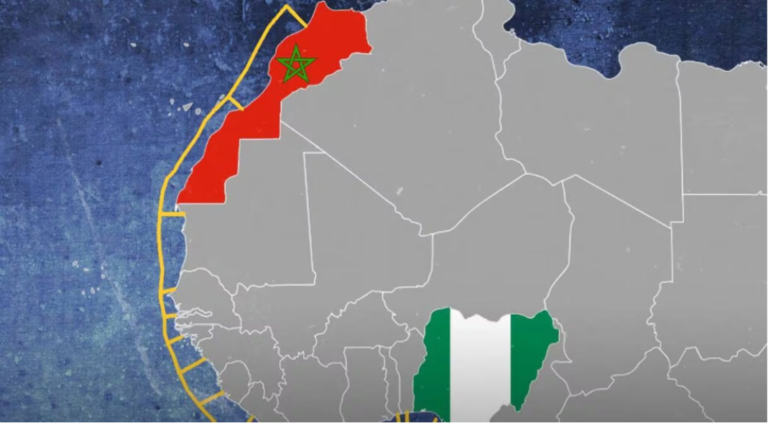The country will launch tenders for the initial phases of the pipeline, a crucial step in realizing this transformative infrastructure project.
The 5,600-kilometer pipeline aims to connect Nigeria to Morocco, traversing 16 African countries. This transcontinental project holds the potential to reshape Africa’s energy landscape, promoting economic growth, industrialization, and job creation.
Morocco has already secured partnerships with several African nations, including Nigeria, Mauritania, Senegal, Gambia, Guinea-Bissau, Sierra Leone, Ghana, Guinea, Liberia, Benin, and Côte d’Ivoire. These collaborations are essential for the successful implementation of the project.
By diversifying its energy sources and strengthening its position as an energy hub, Morocco aims to enhance its energy security and contribute to the global energy transition. Additionally, the pipeline has the potential to supply Europe with natural gas, bolstering its energy security.
While there are significant challenges to overcome, including securing adequate financing and ensuring geopolitical stability, the Nigeria-Morocco gas pipeline represents a bold vision for Africa’s future. If realized, it will be a landmark achievement for the continent.
MK/Sf/ac/fss/abj/APA


